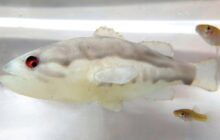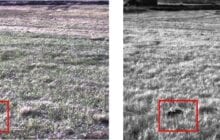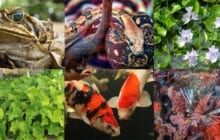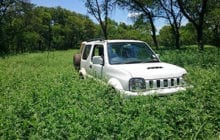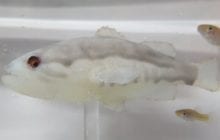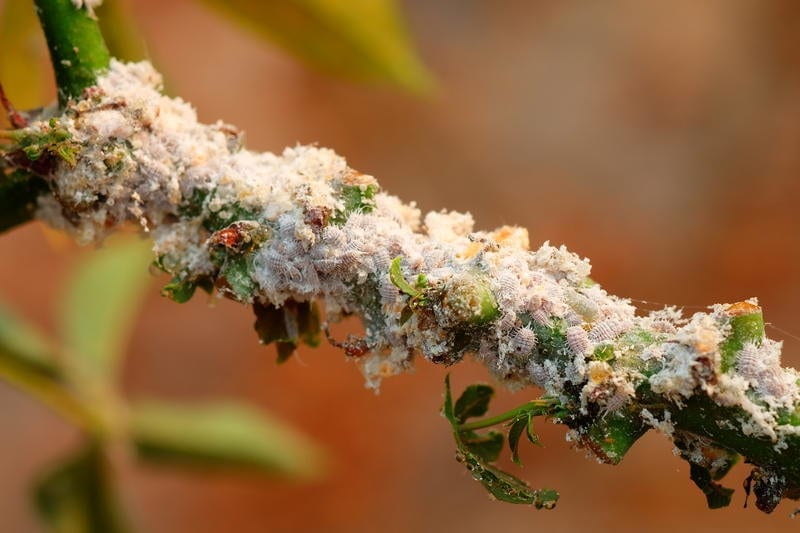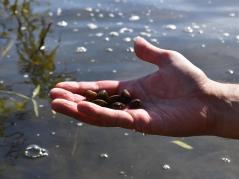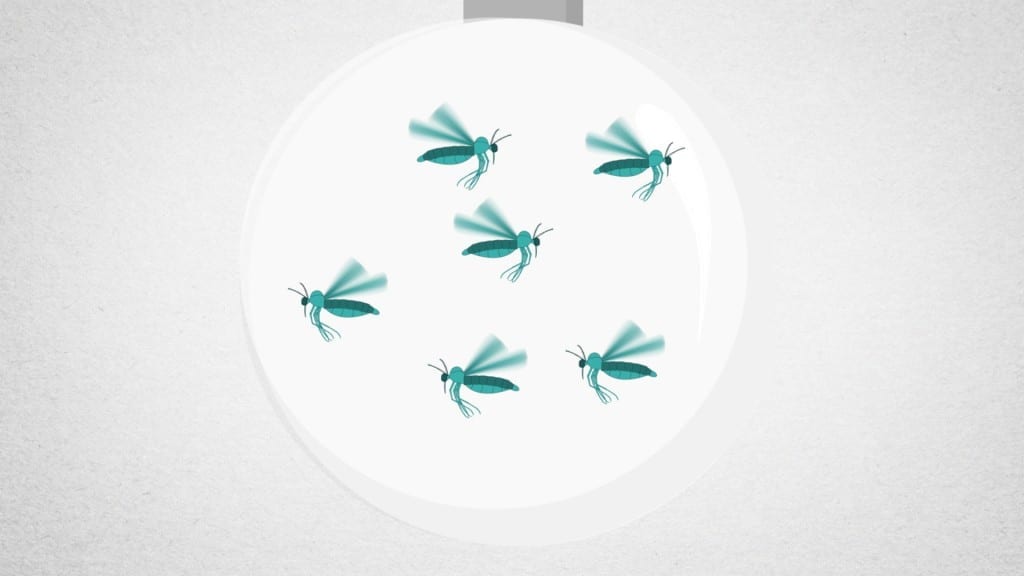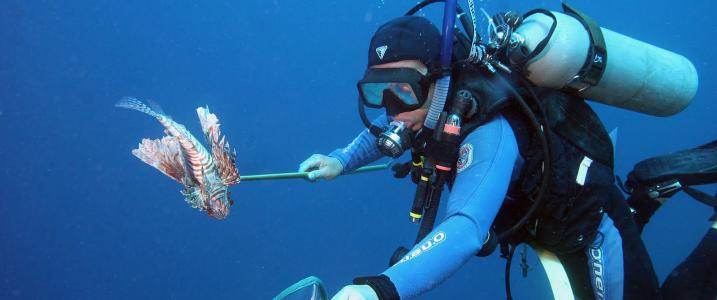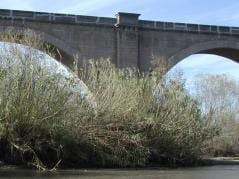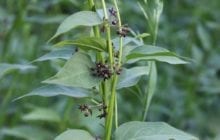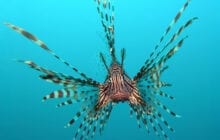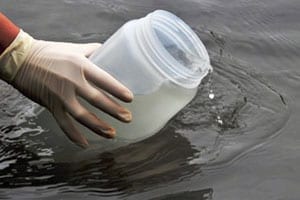Researchers from NYU Tandon School of Engineering and University of Western Australia report robotic fish predators can quickly stress invasive fish species to curb reproduction. Invasive sp... Read more
Effective on-farm biological control can slow the pace of deforestation and avert biodiversity loss. This is what an international team involving entomologists, conservation biologists, agro... Read more
When seeking a cure for a disease, early detection is often the key. The same is true for eliminating invasive species. Identifying their presence in a lake before they are abundant is vital... Read more
Ability to introduce or reverse the spread of genetic traits through populations could one day improve pest management and disease control In parallel with their development of the first syn... Read more
Two of the most destructive termite species in the world — responsible for much of the $40 billion in economic loss caused by termites annually — are now swarming simultaneously in South Flo... Read more
It may take a legion of scuba divers armed with nets and spears, but a new study confirms for the first time that controlling lionfish populations in the western Atlantic Ocean can pave the... Read more
Although invasive Asian carp have been successfully harvested and served on a dinner plate, harvesting invasive plants to convert into ethanol isn’t as easy. According to a recent study at t... Read more
University of Rhode Island entomologists reached a milestone in their efforts to control the invasive weed swallow-wort this month with the first release of a biological agent to fight the p... Read more
“Lionfish are here to stay, and it appears that the only way to control them is by fishing them,” “Ocean predator” conjures up images of sharks and barracudas, but th... Read more
“Aquatic invasive species cause ecological and economic damage worldwide, including the loss of native biodiversity and damage to the world’s great fisheries” A new research paper by a team... Read more

